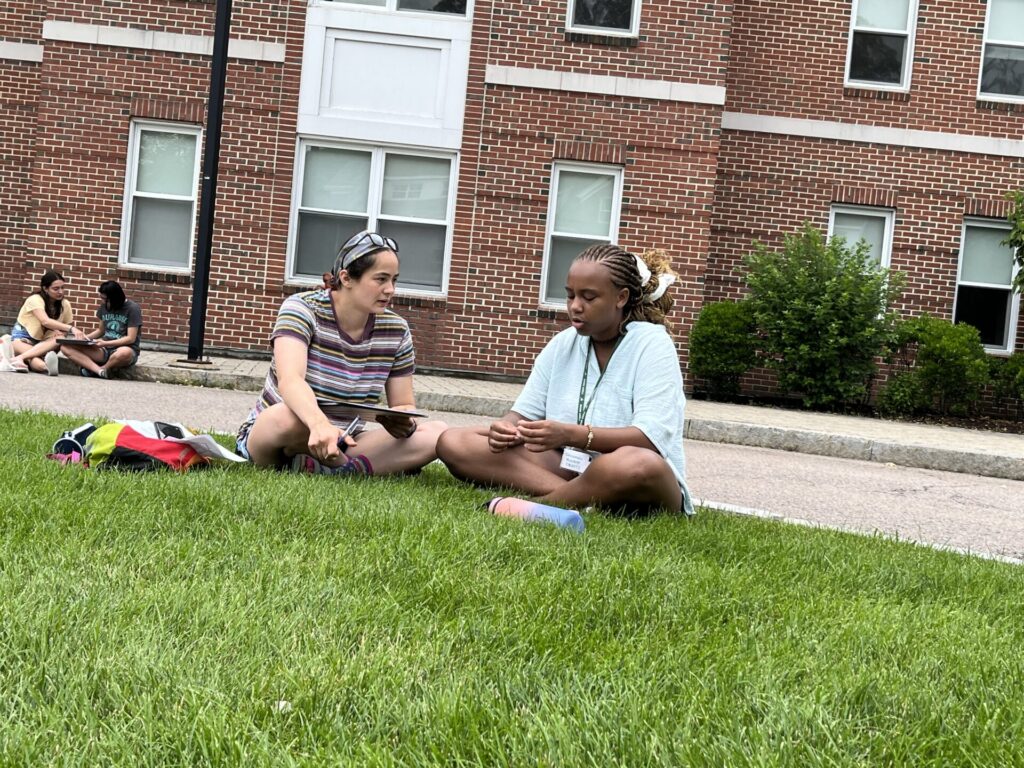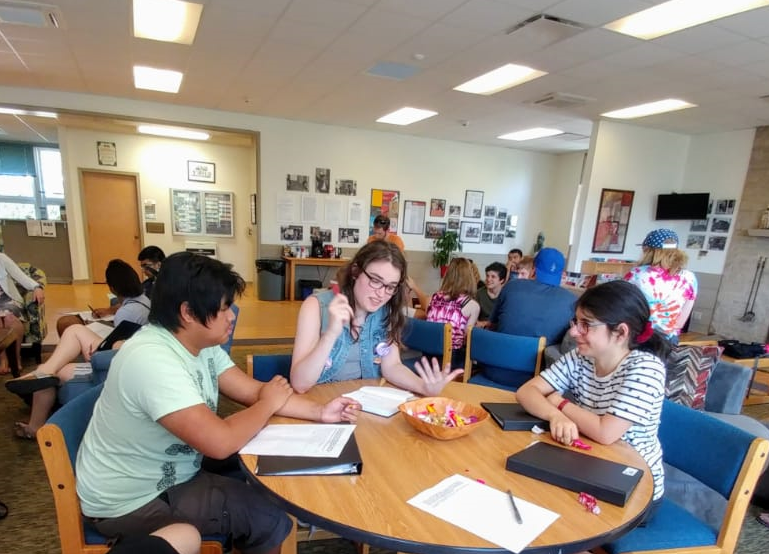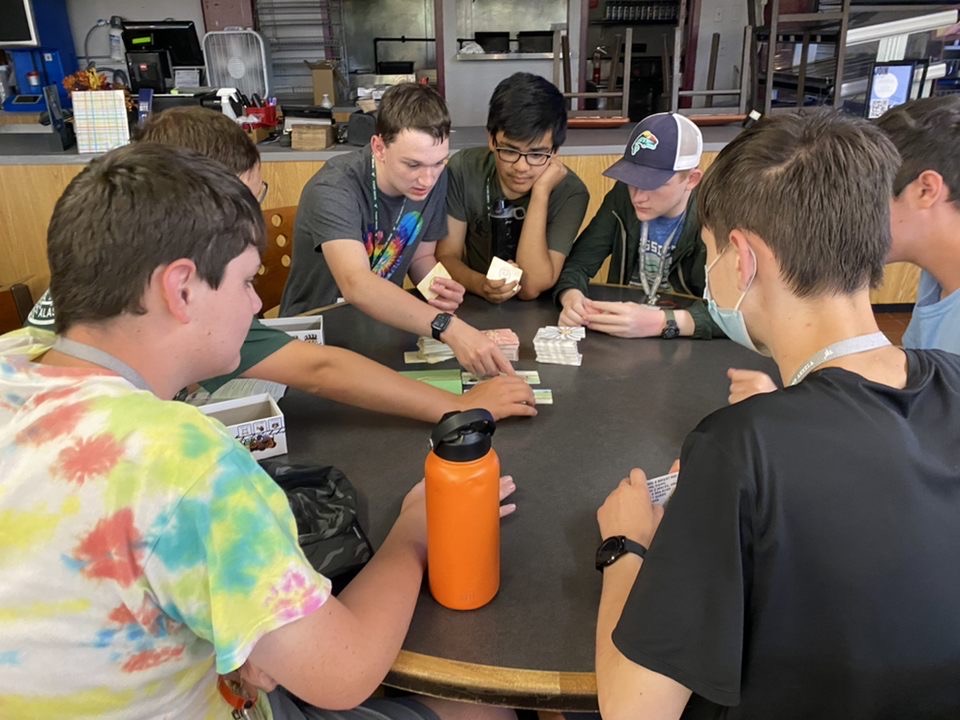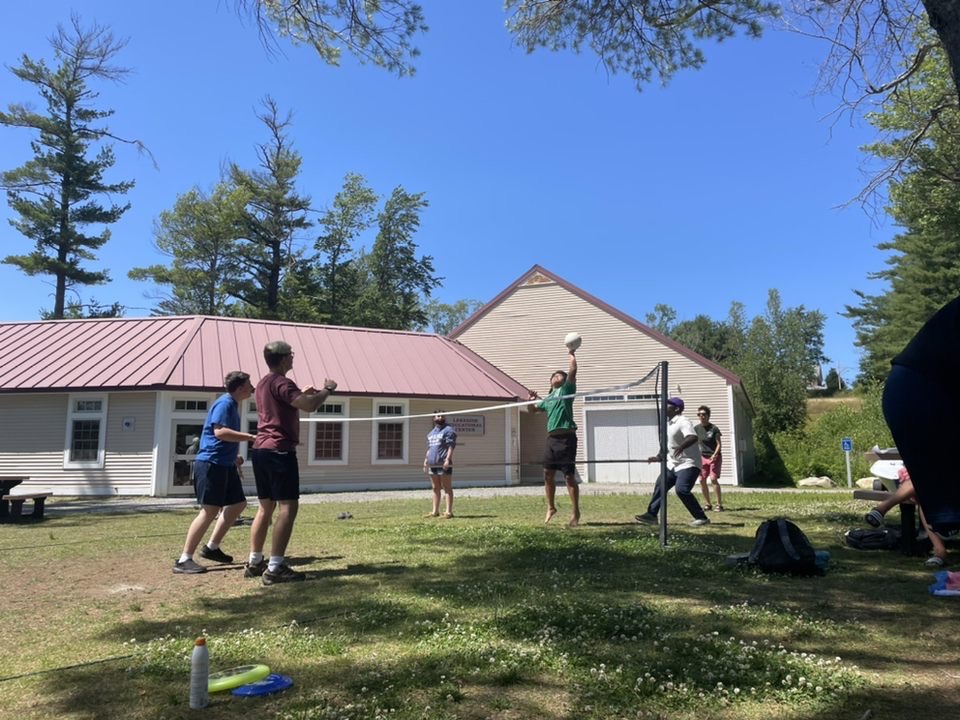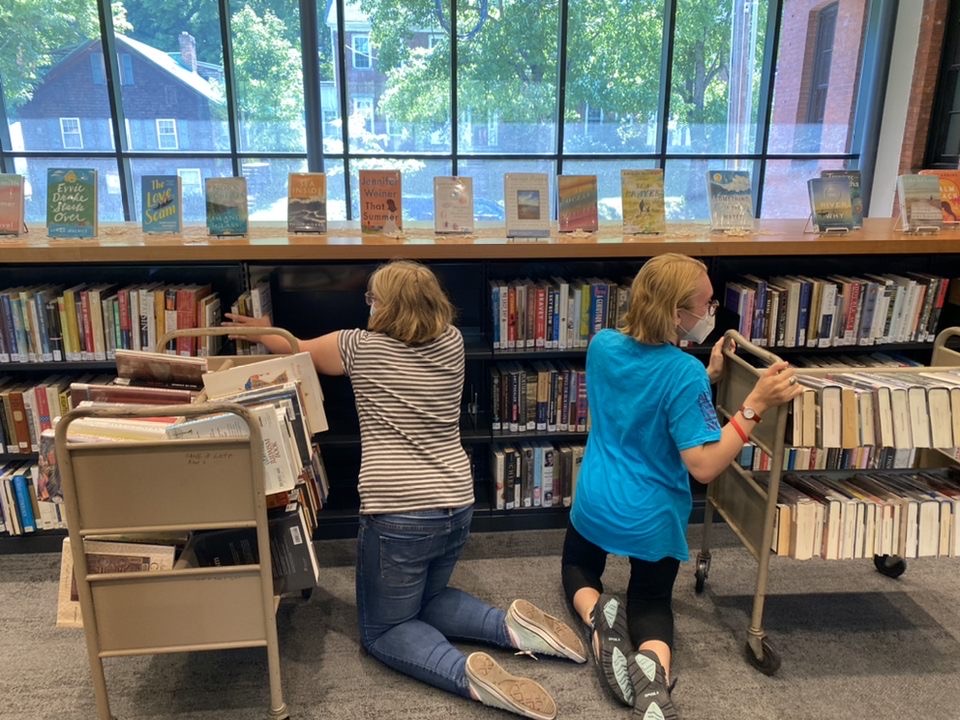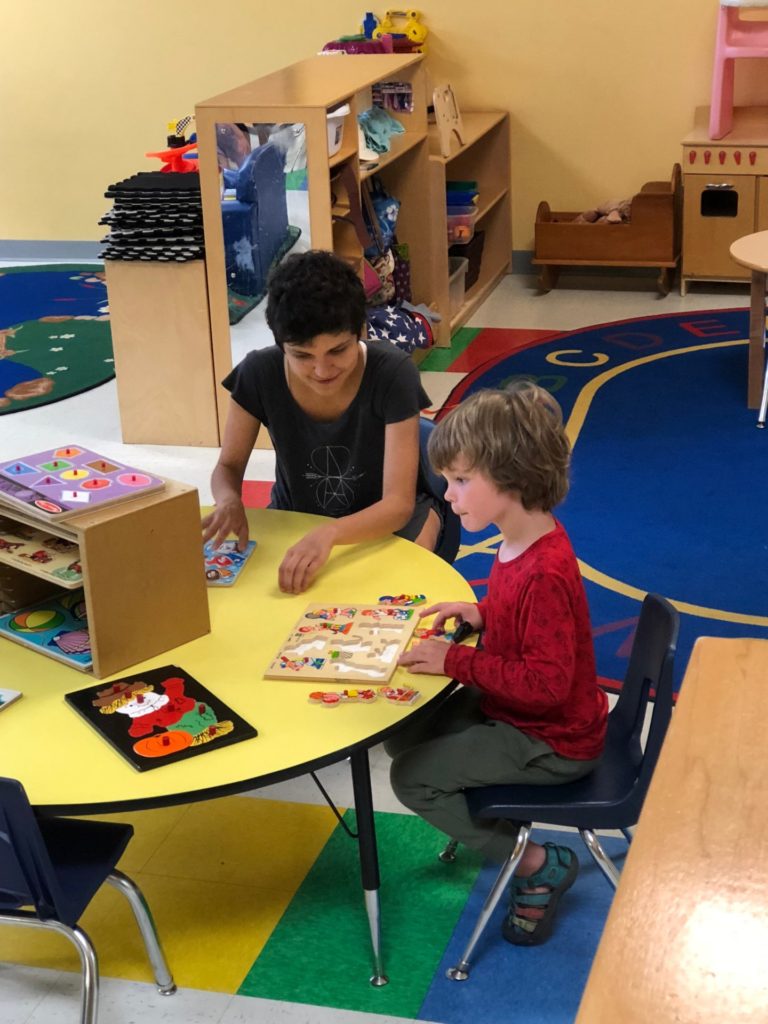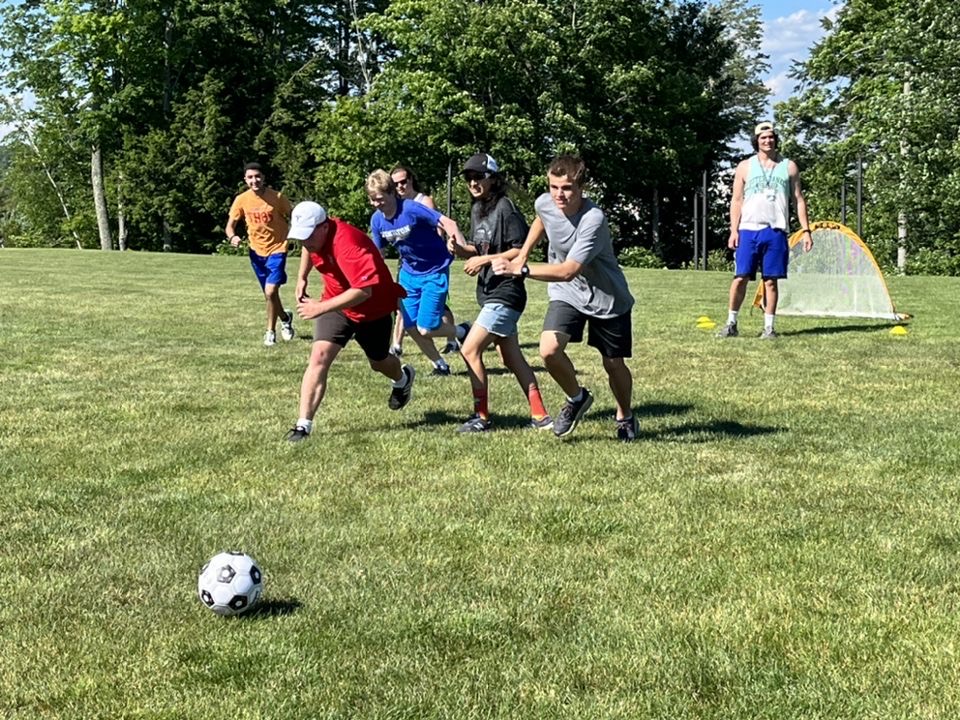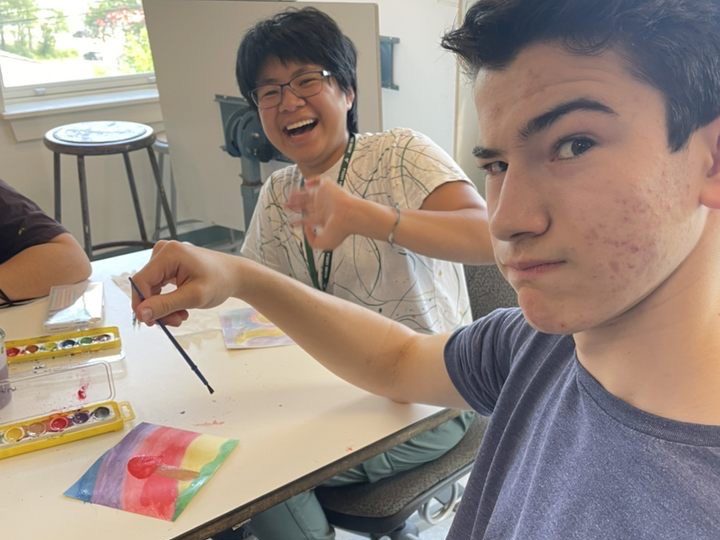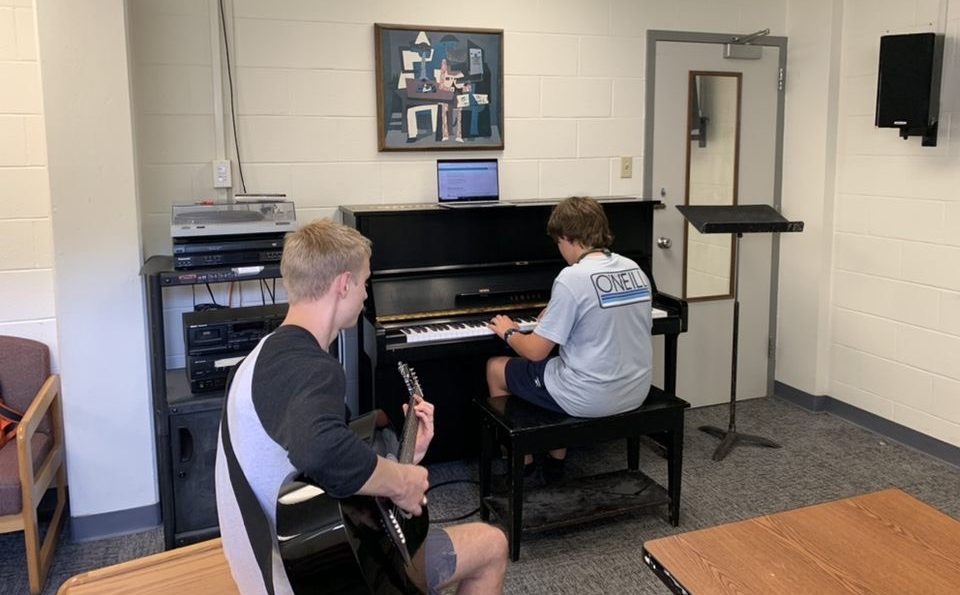Budgeting is an independent living skill that is crucial to thrive as a young adult. In addition to building beneficial financial habits, budgeting can help neurodivergent teenagers take responsibility, distinguish between needs and wants, and prepare for emergencies. However, with the constant allure of advertising, we often crave items we do not need or buy things impulsively. Here are some practical tips to help you budget!
Helpful Budgeting Tips
- Write Down How Much You Spend
- Create a Priority List of Expenses
Start by listing the essential expenses that you need to pay. Rent or housing costs, utility bills, and groceries should be at the top of your list. Prioritizing these necessities ensures that you meet your financial responsibilities. - Do Not Save Your Card Information Online
To avoid impulsive online purchases, do not save your card information on shopping websites. Having to enter your card details manually can serve as a helpful deterrent and give you extra time to think before making a purchase. - Put Items on a Wishlist for a While
Similarly, when you want to buy something non-essential, add it to a wishlist and wait for a specific period, like a week or a month. This gives you time to think if the purchase is still appealing. You’ll often find that you no longer want the item as badly as you initially thought. - Give Yourself a “Cushion” for Extra Spending
Allow yourself some freedom in your budget. Create a set amount extra you can use from your budget each month. For example, you have $50 extra for anything you want each month. This way, you have some room for spontaneity without overspending. - Set Intentional Times to Not Spend Money
Set specific times when you consciously avoid spending money. For instance, commit to not spending money during certain days of the week except for essential expenses. This can be an excellent way to reset your spending habits and save more.
One of the first steps to successful budgeting is to track your spending. Write down everything you spend your money on. This practice makes you mindful of where your money is going. It’s surprising how small expenses, like vending machines or daily coffee runs, can increase over time. Tracking your expenses helps you identify areas where you can cut back.
How we Practice Budgeting at Beyond Akeela
Beyond Akeela recognizes the importance of teaching neurodivergent teens budgeting skills. We have three main ways we support teens in developing these skills.
- Curriculum Session on Budgeting
We offer a structured curriculum session to support teens in understanding the importance of budgeting and providing practical tips on how to create and maintain a budget. This session gamifies budgeting to make it fun and easy to understand. It also provides an overview of basic financial tools (eg. credit & debit cards, bank accounts) teens will encounter as they become more independent managing their money. - Opportunities to Practice Budgeting Independently During Trips
Trips provide our teens with real-life opportunities to practice budgeting. They will gain hands-on experience making financial decisions and sticking to a budget. Similarly, teens have to make choices about spending on campus, with access to vending machines and other small spending opportunities. - Constant Support and Coaching on Budgeting from Advisors
Beyond Akeela staff provide continuous support and coaching on budgeting. Whether teens have questions or need guidance, the advisors are ready to assist teens in managing their finances effectively.
Financial literacy and budgeting are undertaught concepts that are important to feel competent in as a young adult. At Beyond Akeela, you can develop essential financial skills while feeling empowered and confident. Connect with us to learn more about how we support neurodivergent teenagers in thriving independently.



